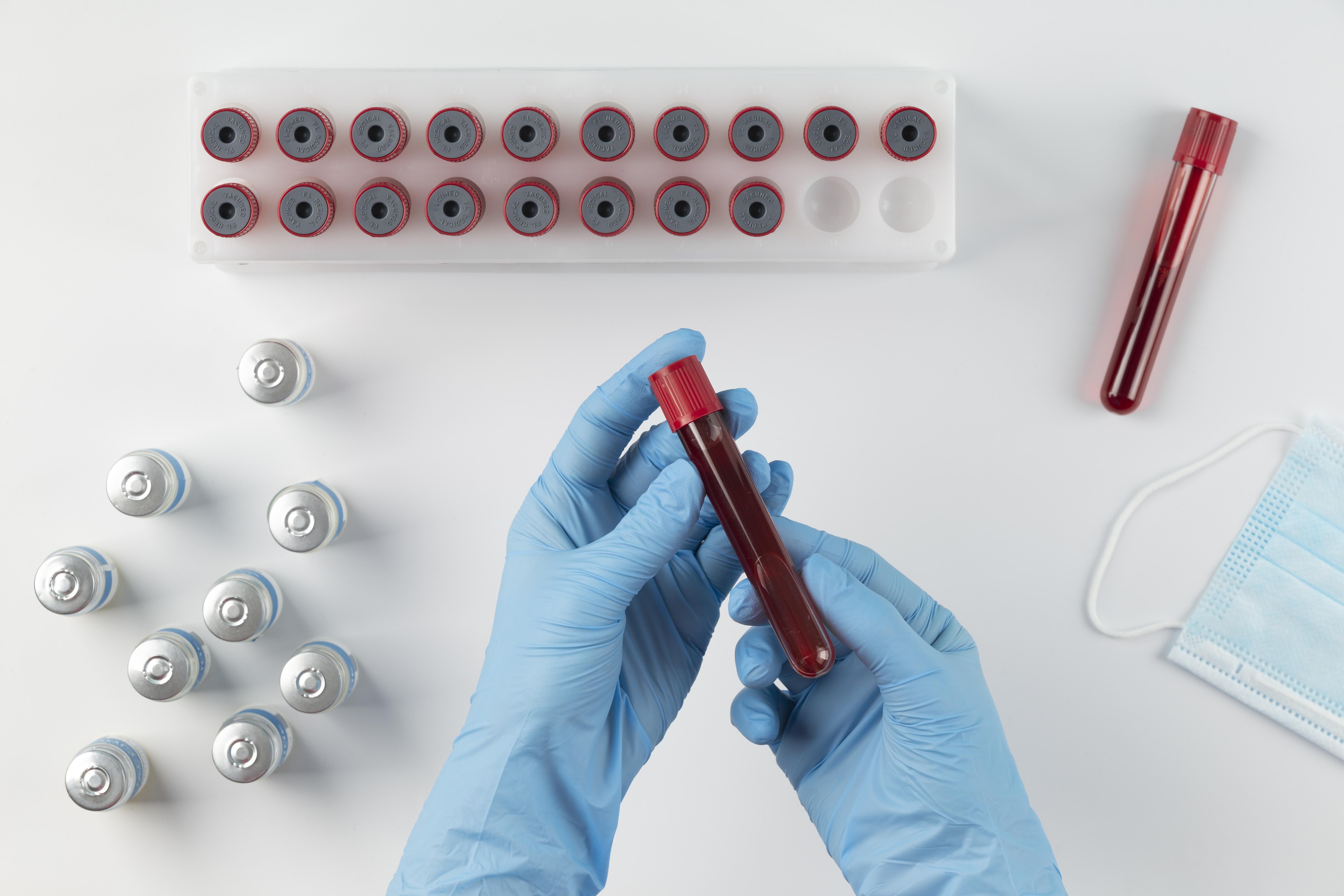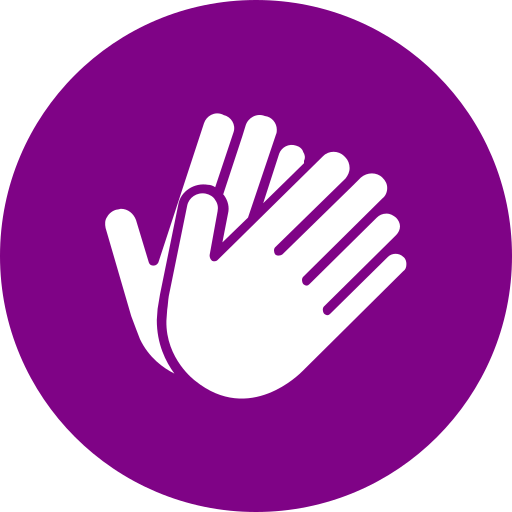At Medasus Healthcare Pvt Ltd, we bring you the KRAFT Pro 1100E Advanced ICU Beds, designed with precision to support patient care in intensive care units. Engineered for both comfort and functionality, these beds enhance clinical efficiency while prioritizing patient safety.
Key Highlights:
✔ Fully motorized bed with advanced positioning controls
✔ Adjustable backrest, knee rest & height functions
✔ Integrated side rails for patient safety
✔ Smooth mobility with locking castors
✔ Ergonomic design for both patient comfort & caregiver convenience
💡 Ideal for: Hospitals, ICUs, Critical Care Units & Multi-Specialty Clinics
🌐 Medasus Healthcare Pvt Ltd – Delivering Excellence in Healthcare Solutions
📞 Contact Medasus Healthcare Pvt Ltd for product details and demonstrations.
📞 Contact us today for technical details and quotations.
📞 Enquire Today: +91-9916515255
🌐 www.medasushealthcare.com
Medasus Healthcare
#medasushealthcare #ICUBeds #criticalcaresolutions
Key Highlights:
✔ Fully motorized bed with advanced positioning controls
✔ Adjustable backrest, knee rest & height functions
✔ Integrated side rails for patient safety
✔ Smooth mobility with locking castors
✔ Ergonomic design for both patient comfort & caregiver convenience
💡 Ideal for: Hospitals, ICUs, Critical Care Units & Multi-Specialty Clinics
🌐 Medasus Healthcare Pvt Ltd – Delivering Excellence in Healthcare Solutions
📞 Contact Medasus Healthcare Pvt Ltd for product details and demonstrations.
📞 Contact us today for technical details and quotations.
📞 Enquire Today: +91-9916515255
🌐 www.medasushealthcare.com
Medasus Healthcare
#medasushealthcare #ICUBeds #criticalcaresolutions
At Medasus Healthcare Pvt Ltd, we bring you the KRAFT Pro 1100E Advanced ICU Beds, designed with precision to support patient care in intensive care units. Engineered for both comfort and functionality, these beds enhance clinical efficiency while prioritizing patient safety.
✨ Key Highlights:
✔ Fully motorized bed with advanced positioning controls
✔ Adjustable backrest, knee rest & height functions
✔ Integrated side rails for patient safety
✔ Smooth mobility with locking castors
✔ Ergonomic design for both patient comfort & caregiver convenience
💡 Ideal for: Hospitals, ICUs, Critical Care Units & Multi-Specialty Clinics
🌐 Medasus Healthcare Pvt Ltd – Delivering Excellence in Healthcare Solutions
📞 Contact Medasus Healthcare Pvt Ltd for product details and demonstrations.
📞 Contact us today for technical details and quotations.
📞 Enquire Today: +91-9916515255
🌐 www.medasushealthcare.com
Medasus Healthcare
#medasushealthcare #ICUBeds #criticalcaresolutions
0 Comments
0 Shares
11 Views














